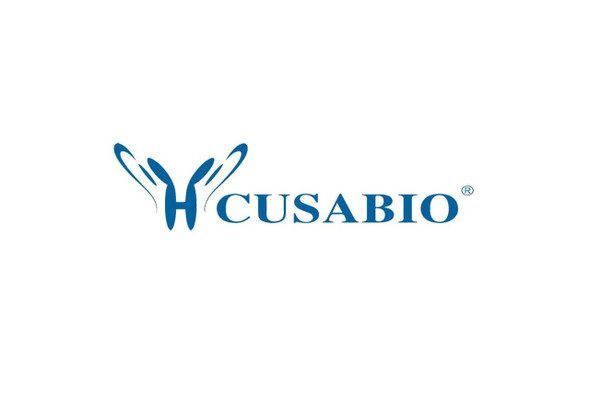Cusabio Polyclonal Antibodies
DHRS9 Antibody, FITC conjugated | CSB-PA006867DC01HU
- SKU:
- CSB-PA006867DC01HU
- Availability:
- 3 to 7 Working Days
Description
DHRS9 Antibody, FITC conjugated | CSB-PA006867DC01HU | Cusabio
DHRS9 Antibody, FITC conjugated is Available at Gentaur Genprice with the fastest delivery.
Online Order Payment is possible or send quotation to info@gentaur.com.
Product Type: Polyclonal Antibody
Target Names: DHRS9
Aliases: Dehydrogenase/reductase SDR family member 9 (EC 1.1.-.-) (3-alpha hydroxysteroid dehydrogenase) (3-alpha-HSD) (NADP-dependent retinol dehydrogenase/reductase) (RDH-E2) (RDHL) (Retinol dehydrogenase 15) (Short chain dehydrogenase/reductase family 9C member 4) (Short-chain dehydrogenase/reductase retSDR8) (Tracheobronchial epithelial cell-specific retinol dehydrogenase) (RDH-TBE), DHRS9, RDH15 SDR9C4
Background: Involved in the targeting and/or fusion of transport vesicles to their target membrane during transport of proteins from the early endosome to the lysosome. Required for heterotypic fusion of late endosomes with lysosomes and homotypic lysosomal fusion. Required for calcium regulated lysosomal exocytosis. Involved in the export of chylomicrons from the endoplasmic reticulum to the cis Golgi. Required for exocytosis of mediators during eosinophil and neutrophil degranulation, and target cell killing by natural killer cells. Required for focal exocytosis of late endocytic vesicles during phagosome formation.
Isotype: IgG
Conjugate: FITC
Clonality: Polyclonal
Uniport ID: Q9BPW9
Host Species: Rabbit
Species Reactivity: Human
Immunogen: Recombinant Human Dehydrogenase/reductase SDR family member 9 protein (23-319AA)
Immunogen Species: Human
Applications: ELISA
Tested Applications: ELISA
Purification Method: >95%, Protein G purified
Dilution Ratio1:
Dilution Ratio2:
Dilution Ratio3:
Dilution Ratio4:
Dilution Ratio5:
Dilution Ratio6:
Buffer: Preservative: 0.03% Proclin 300
Constituents: 50% Glycerol, 0.01M PBS, PH 7.4
Form: Liquid
Storage: Upon receipt, store at -20°C or -80°C. Avoid repeated freeze.
Initial Research Areas: Signal Transduction
Research Areas: Cancer;Cell biology;Metabolism;Signal transduction






